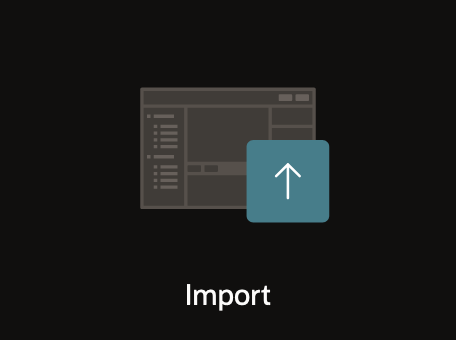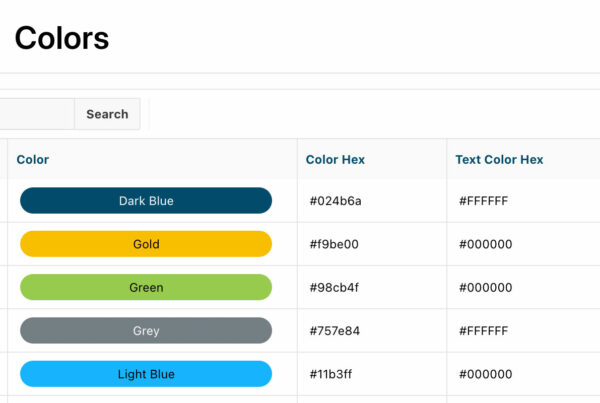This blog is about the “error processing condition” message that can occur when trying to import an Oracle APEX application in your workspace. More likely than not, the cause of the problem stems from exporting the application as a zip file.
[su_spacer size=”30″]Export an Application
Let’s start by exporting an application in a workspace. The Export as ZIP switch is currently turned off. For this example, please export the application twice:
- “Export as ZIP” turned on
- “Export as ZIP” turned off
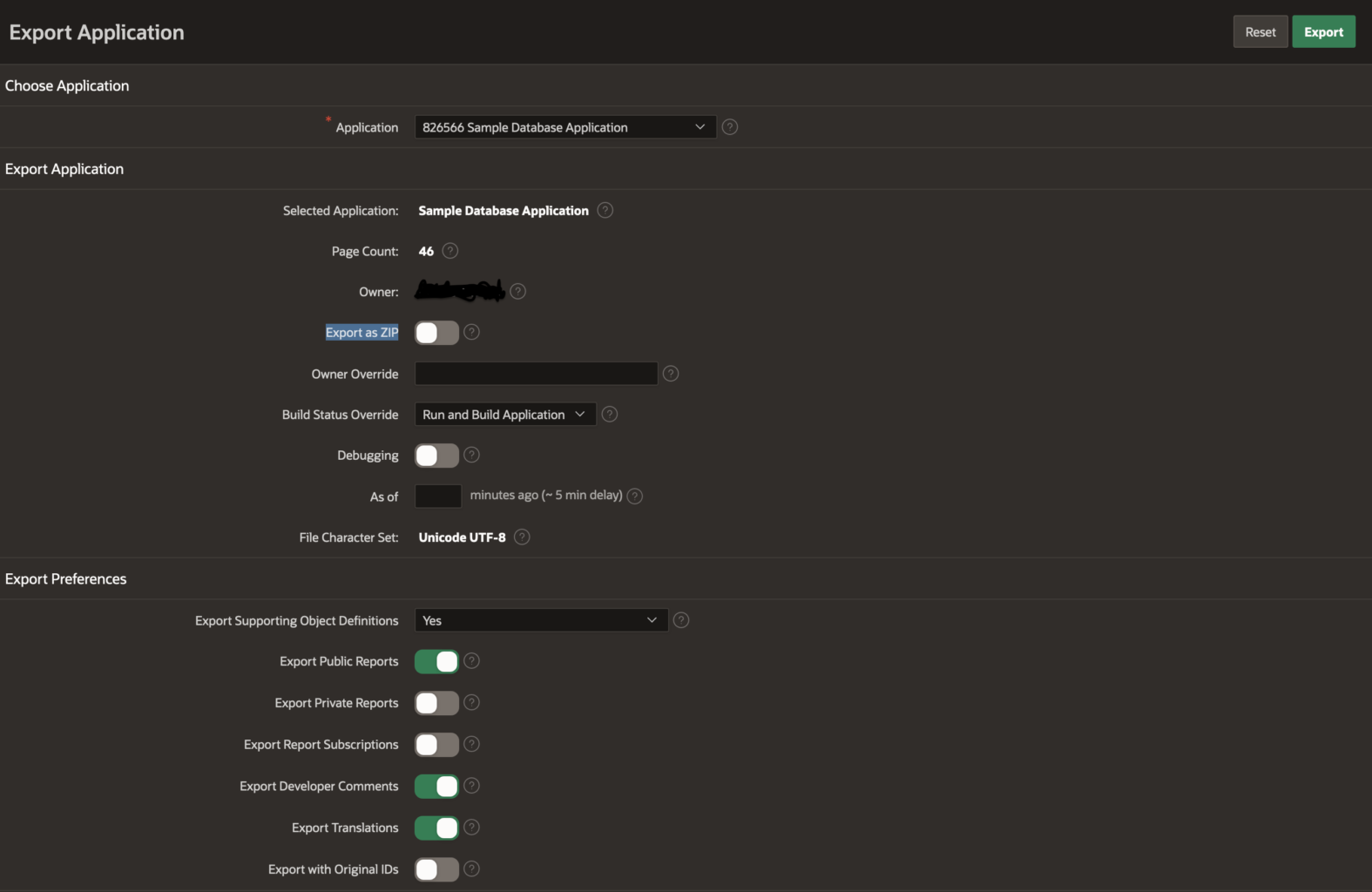
[su_spacer size=”30″]
Import the Application File
Next, please navigate to APP Builder -> Import
- Select the zip file version of your application to import
- Choose the “Database Application, Page, or Component Export” option for file type
- Make sure “File Character Set” is marked as Unicode UTF-8
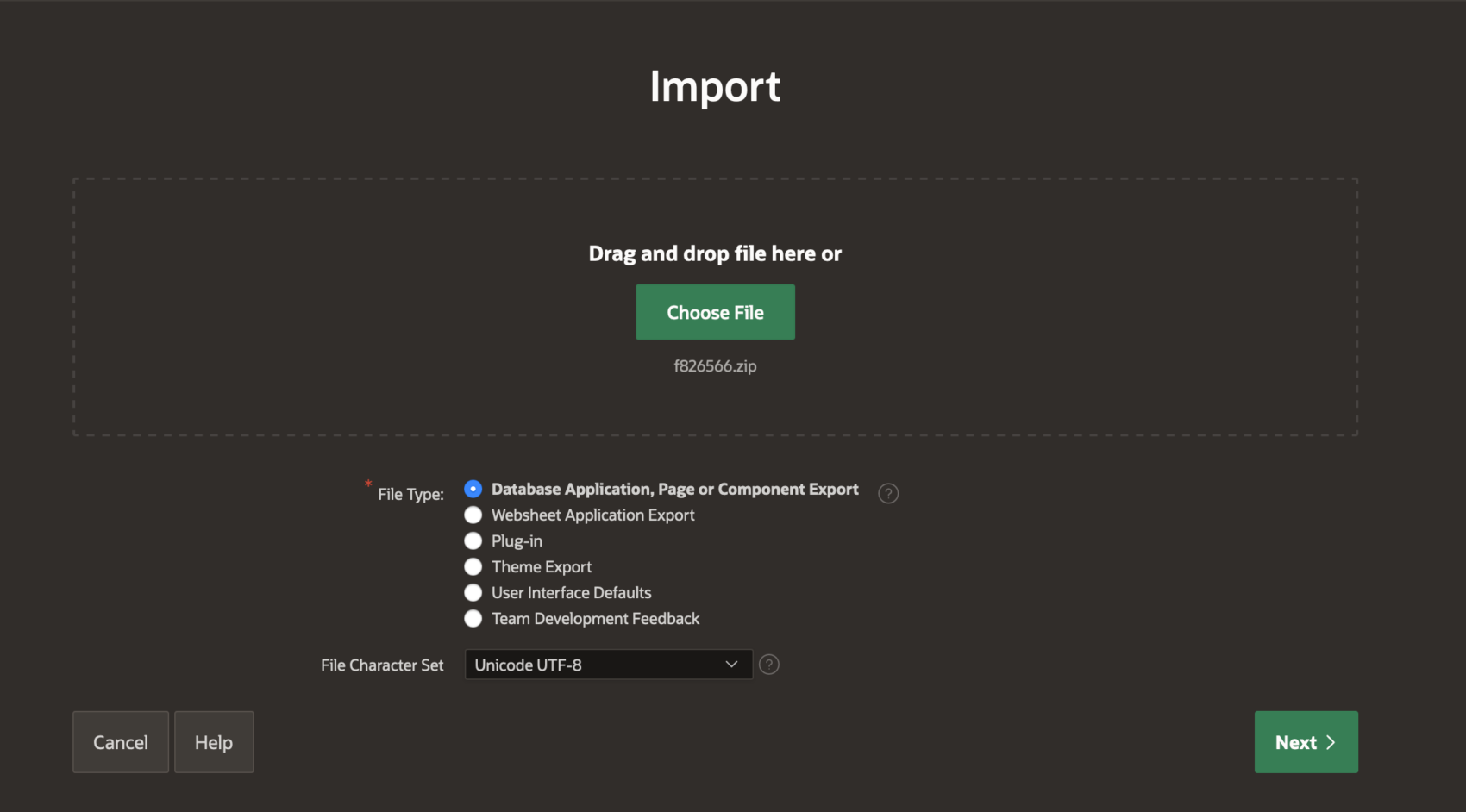
Success?
This step is what will make most people think nothing is wrong. The zip file will import successfully, so it looks like everything is working as it should.
[su_spacer size=”30″]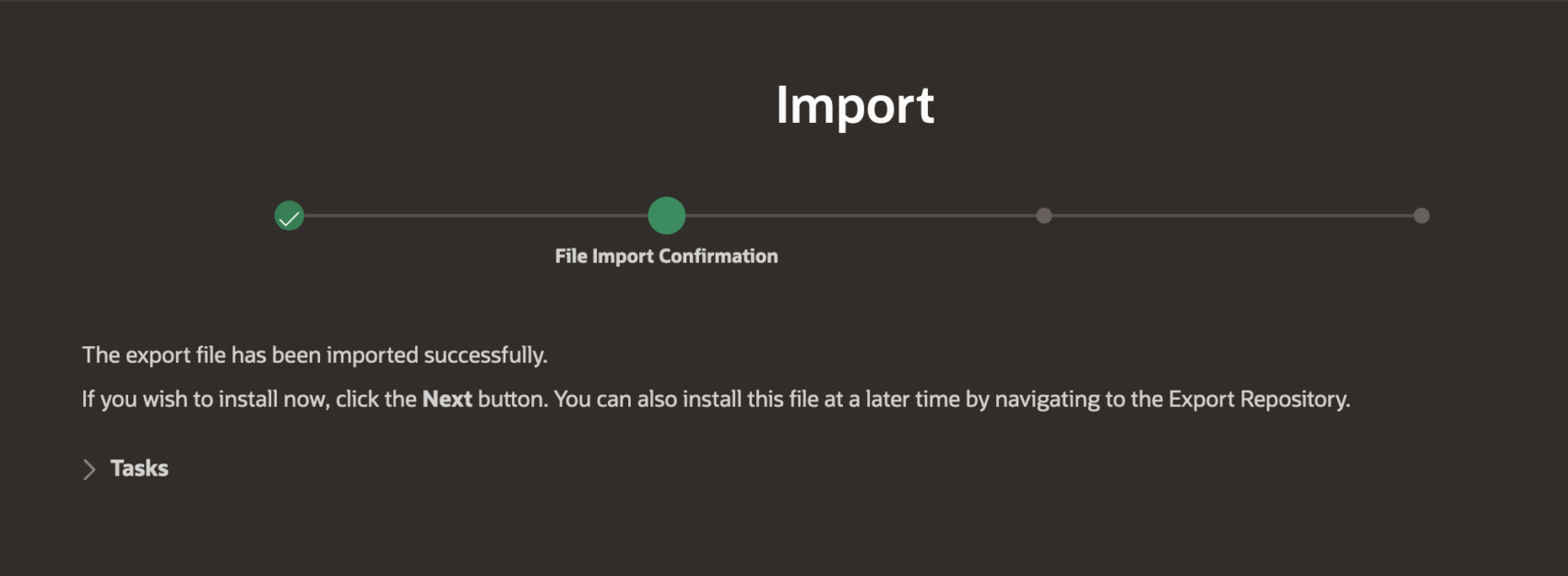
Error
After the button is clicked to go on to the next step, then the “error processing condition” message will appear. There is no error code visible or any indication on what went wrong.
[su_spacer size=”30″]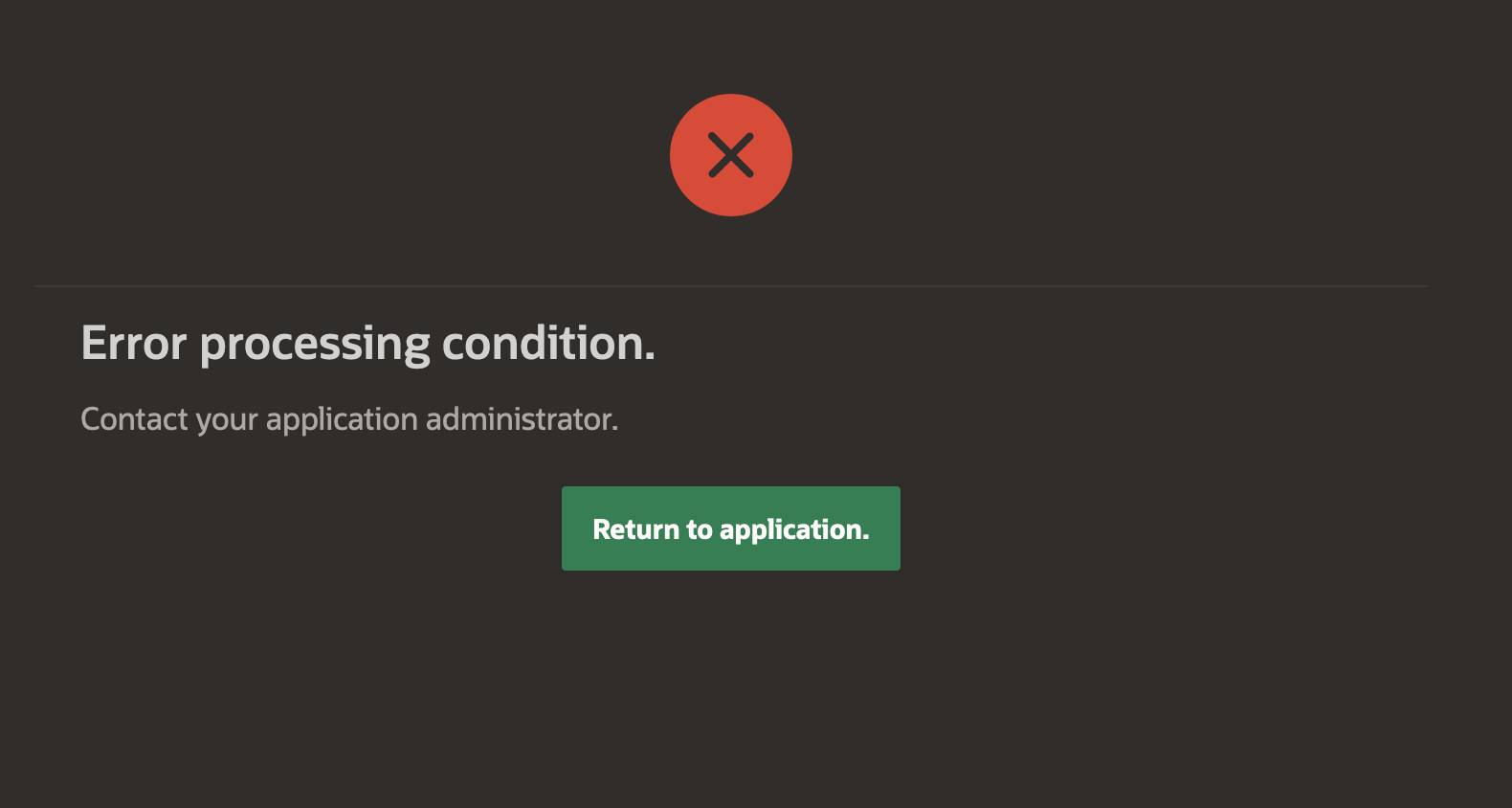
What Happened?
There is a big difference between the application files we exported (one zipped and then other not zipped). The zipped file organizes and breaks down the application into separate files for the purpose of tracking code changes and version control.
The “error processing condition” message that appears when we try to import the zipped file is the result of APEX not understanding the zipped structure of multiple files. However, the non-zipped file is one giant file that contains all the information to build the application out.
If you repeat the steps above, but choose the non-zipped file to import, everything will work properly.
[su_spacer size=”30″]Why Zipped and Non-Zipped Exports are Needed
When working with APEX, it is a good idea to periodically export applications as a zip and non-zipped file. The zip file can be used for version control, and the non-zipped file serves as a backup of the application that can be imported.
[su_spacer size=”70″]
Learn More
- You can learn more helpful tips like the ones above by visiting the Traust Consulting Blog.
Requirements
[su_spacer size=”30″]Disclaimer:
We do not take responsibility for any unintended or unwanted consequences in your instance of Oracle, Oracle APEX, or related products as a result of reading our blogs or following our guides. Though the information is fully tested and generally safe to use, our lawyers really have a thing against admitting potential wrongdoing. If it makes you feel any better, one time I helped them renovate their office over the entire weekend for no extra pay or perks. Ugh, I realized that what I did didn’t actually teach them a lesson. I’ll have to go back to the tried and true method of ordering them a gorilla gram when it isn’t their birthday. Everything is faux ape fur and confusion.


